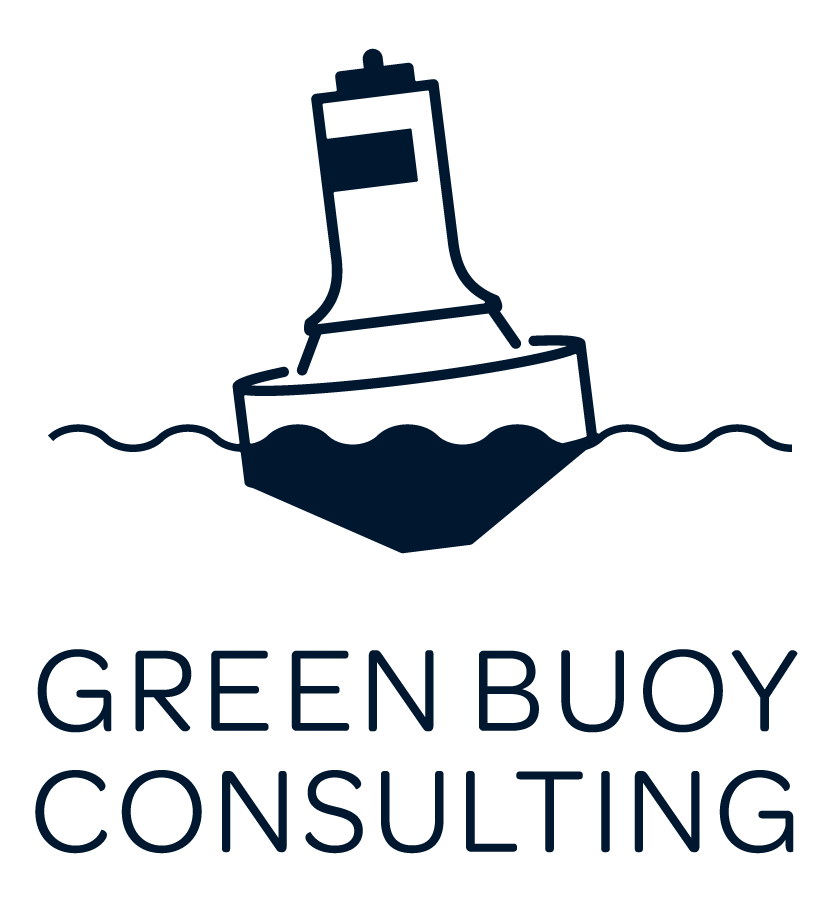The State of Corporate Sustainability: Key Takeaways from Q1 2025
Doubling Down on Financial Materiality
While public sentiment and increased scrutiny are swirling around public organizations,companies in the private markets continue to double down on their sustainability and ESG strategies. Rather than reacting to headline-driven pressure or public backlash, organizations are emphasizing first principles: focusing on the ESG initiatives that are material to their operations and long-term value creation.
Companies continue to feel pressure both from investors and from clients on developing and implementing sustainability strategies. Large European conglomerates have not stopped asking their supply chains for emissions data and often request emissions targets aligned with SBTi. Companies in the United States, where sustainability is a hushed whisper in some circles, are still subject to their clients' wishes. Evidence shows they continue to take action.
Per PwC, more than 4,000 companies reported through CDP in 2024. This is a ninefold increase in five years. Smaller companies are stepping up, with the median revenue of participants dropping from $3.6 billion in 2020 to $1.3 billion in 2024. These are the companies in the value chain of European firms.
ESG remains critical in private equity, where firms are continuing to request targeted sustainability and ESG data from their portfolio companies. The motivation is clear: years of data and exit experience have shown that material ESG improvements not only reduce risk but enhance operational performance and increase enterprise value. ESG done right isn’t a distraction for these companies; it’s a profitability lever. KKR giving ownership to portfolio company employees is one such example.
DEI changes affecting companies and popping up in shareholder activism
In Q1 2025, diversity, equity, and inclusion (DEI) dynamics have continued to shift across public markets, with DEI as a focal point in shareholder engagement this proxy season. Shareholder proposals with DEI-related demands are seeing renewed momentum; specifically, transparency, workforce demographics, and executive accountability. Investors are seeking tangible proof that public companies are following through. For public market firms, aligning DEI strategies with stakeholder expectations is a continued marker of long-term value, resilience, and board-level oversight.
Retail has become a high-profile case study of how DEI missteps can translate into financial consequences. Target has experienced ten consecutive weeks of declining foot traffic as of mid-April. The company's perceived walk-backs on DEI initiatives sparked both consumer and investor backlash. Costco, which has not changed its approach to DEI, continues to see strong customer engagement and foot traffic. These diverging outcomes reflect the reality that in public markets, the “S” has moved from aspirational to material, as proven by customers and shareholders. These companies underscore the reputational and operational costs of inconsistency in ESG positioning.
Companies continue to invest in sustainability
Despite political headwinds and isolated examples of retreat, companies across sectors continue to invest in ESG. Not for optics, but for long-term strategic value. Per BDO, 77% of businesses plan to maintain or increase their sustainability investments in the coming year, and almost half of CFOs (47%) expect their direct involvement in ESG strategy and execution to grow. This is a long-overdue recognition that ESG is no longer a compliance function or an isolated one. It is squarely within the CFO's domain of financial risk and value creation. Meanwhile, talent scarcity, especially in tech and digital roles, is emerging as a material ESG risk, with 61% of business leaders citing it as a barrier to competitiveness.
Combined with the continued increase in CDP and other reporting requests, the majority of companies are still taking action on sustainability, in part because they are seeing business value and in part because their market position demands it. Private markets, real data and retail examples underscore a clear reality: companies continue to see value from their ESG strategies. Companies that treat it as an integrated pillar of growth, resilience, and long-term value, are coming out ahead.
At the end of Q1 2025, ESG is not retreating, it’s evolving. Companies, especially in private markets, are sharpening their focus on financially material ESG strategies that drive long-term value rather than chasing headlines. Investor and client expectations remain high, and data shows sustained momentum, with reporting and action increasing across the board. DEI has become a material concern for public companies, with real financial and reputational consequences tied to inconsistency. Meanwhile, companies continue to invest in sustainability not for appearances, but because it is tied to profitability, competitiveness, and resilience. The message is clear: ESG, when strategically aligned with core business objectives, remains a critical lever for value creation.
Don’t miss our other resources






